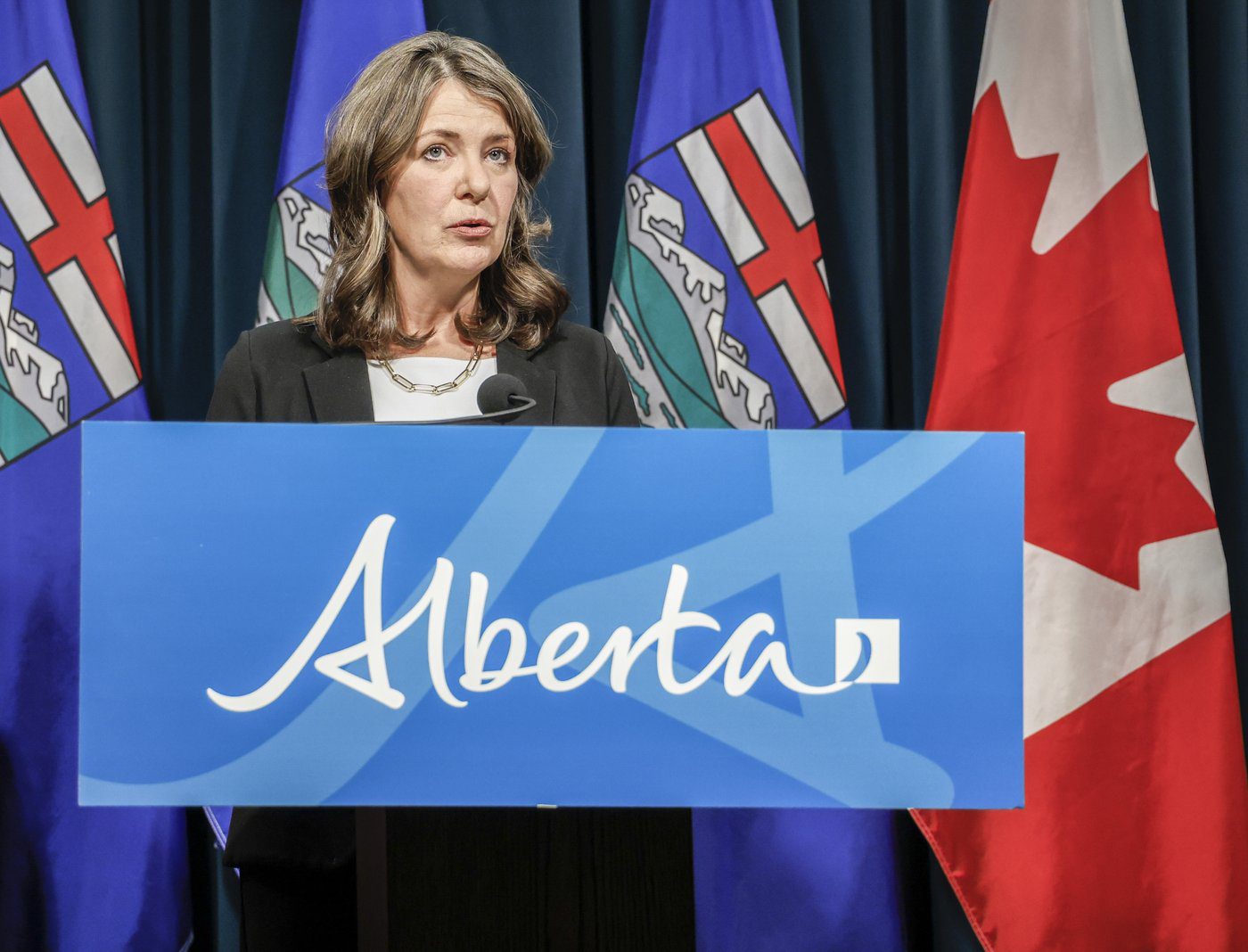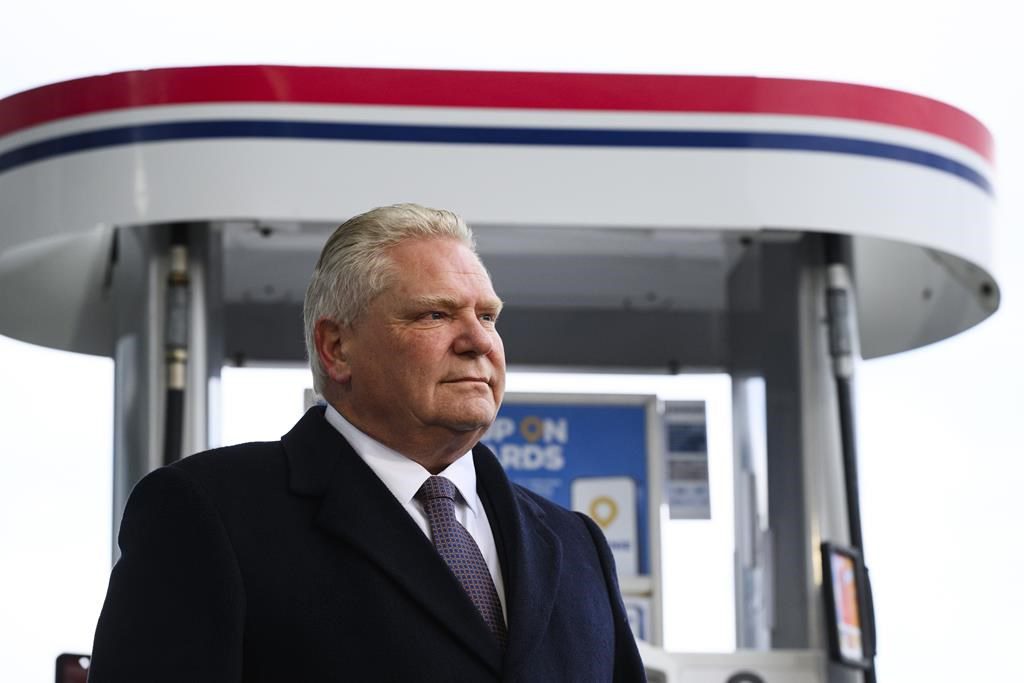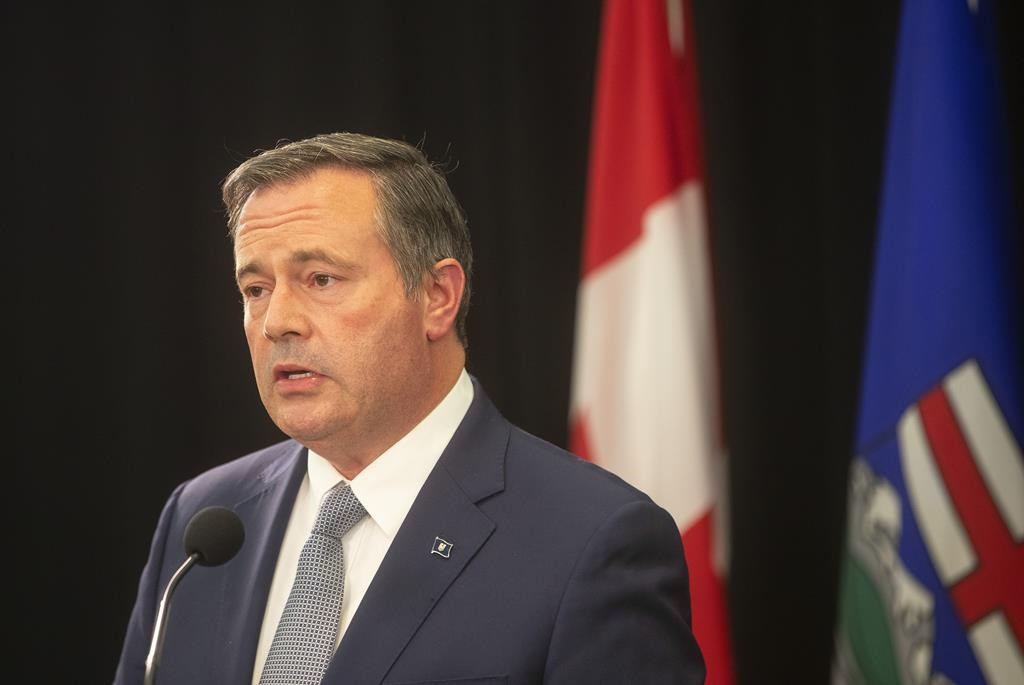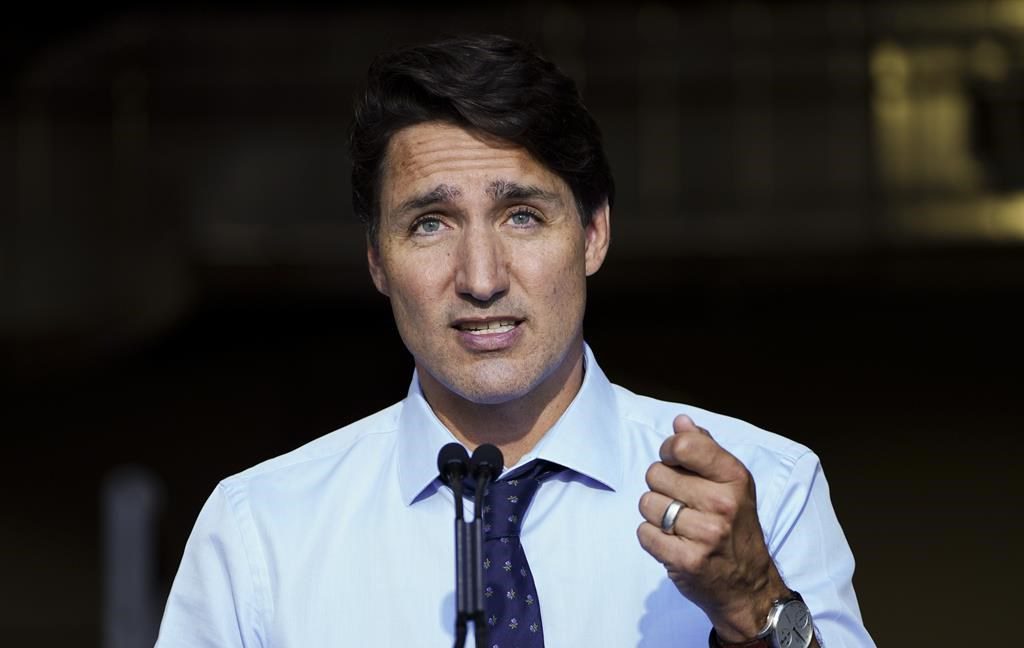This content is restricted to subscribers

The views, opinions and positions expressed by columnists and contributors are the author’s alone. They do not inherently or expressly reflect the views, opinions and/or positions of our publication.

This content is restricted to subscribers
The views, opinions and positions expressed by columnists and contributors are the author’s alone. They do not inherently or expressly reflect the views, opinions and/or positions of our publication.

This content is restricted to subscribers
The views, opinions and positions expressed by columnists and contributors are the author’s alone. They do not inherently or expressly reflect the views, opinions and/or positions of our publication.

According to Amy Maguire at the University of Newcastle in New South Wales, on Saturday, October 14, 2023 : “Australians were asked to vote on whether to establish an Aboriginal and Torres Strait Islander Voice to Parliament … as a means of recognising … the First Peoples of Australia in the Constitution.”
When this proposition was first advanced by Prime Minister Anthony Albanese’s new Labor government, opinion polls suggested that as much as two-thirds of the country was in favour. But opinion had changed by the October 14 referendum, after a tough campaign with the Liberal (read conservative) opposition aggressively opposing.
As of October 20, with 80% of the national vote counted, 61% had said NO and only 39% YES. And the progressive journalist Quentin Dempster moaned: “The 60-40 No majority on indigenous Recognition/Voice has branded Australia as a remnant racist British colony.”
The conservative businessman Robert Peake protested that Mr. Dempster’s reaction was “Wrong. On so many levels … Was just the wrong approach. Australians just don’t want a legislated advisory body representing a certain part of society enshrined in the constitution i.e. forever.”
Whatever else, the 61% NO vote on the Indigenous Voice does reflect a new conservative mood in Australia — about a year and five months after Anthony Albanese’s progressive Labor party won the last Australian federal election on May 21, 2022.
Whatever else again, some similar conservative mood haunts the latest 338Canada “Federal Model” of Canadian polling opinion. If a vote had been held on October 15, 2023, 338Canada suggests, Conservatives would have won 194 seats in the elected parliament at Ottawa (albeit with a mere 39% of the cross-Canada popular vote!), Liberals 90 seats, Bloc Québécois 32, New Democrats 20, and Green Party 2!
There are as well a few thought-provoking comparisons between the current polling conservatism in Canadian politics and the Australian conservatism that forged the 61% NO in the Indigenous Voice referendum.
One part of the “remnant racist British colony” critique of course involves racism. In a 2021 survey for the Australian Broadcasting Corporation “76 per cent of respondents agreed racial prejudice persists here.” And 46 per cent agreed that “white supremacy is ingrained in our society.”
In Canada we have never talked openly about anything quite like the White Australia Policy that governed immigration down under from 1901 to 1958. Canada nonetheless also had racially restrictive immigration policies in the first half of the 20th century.
Similarly, Canada may seem somewhat less racist than Australia on Indigenous issues, because the recognition of Canadian “aboriginal rights” in sections 25 and 35 of the Constitution Act, 1982 did not have to be approved in a popular referendum. (As do all amendments to the Australian Constitution.)
On a related channel, Australian writer Andrew Gardiner has complained that after October 14: “Unfairly or not, we’ve been lumped in with the UK (Brexit) and US (Trump) as countries prepared to shoot themselves in the reputational foot to hang on to what’s seen as a chequered past.”
And this raises the question: does the new conservatism in Canadian opinion polls reflect any parallel passion for “a chequered past” in Canada?
On another channel again, Australian psychiatrist Patrick McGorry — a passionate YES advocate in the referendum — has compared the winning conservative NO campaign in 2023 to a similar conservative campaign against a proposed constitutional amendment for an Australian republic in 1999.
As Mr. McGorry has urged: “Same architect and playbook as the Republic referendum. Betrays the original wishes of most Australians. In each case Australia’s growth as a nation has been delayed.”
It also seems possible that the strong NO vote against the Indigenous Voice may stall the Albanese Labor government’s parallel plans to revive the Australian republic issue and end the British monarchy down under in the 2020s.
If the new Australian conservative mood won’t buy an Indigenous Voice, it may once again reject a new Australian republic. Meanwhile, the Justin Trudeau Liberals have already been almost surprisingly conservative on the future of the monarchy in Canada.
Finally, in Manitoba on October 18, 2023 — four days after the “60-40 No majority” on an Indigenous Voice in Australia — the progressive New Democrat Wab Kinew was sworn in as the first First Nations premier of a Canadian province.
As Premier Kinew himself has urged, this reflects progress Canada has made in his and his father’s lifetime. It suggests as well that there remain at least some real differences between Indigenous issues in Canada and Australia in the 21st century.
The views, opinions and positions expressed by columnists and contributors are the author’s alone. They do not inherently or expressly reflect the views, opinions and/or positions of our publication.

This content is restricted to subscribers
The views, opinions and positions expressed by columnists and contributors are the author’s alone. They do not inherently or expressly reflect the views, opinions and/or positions of our publication.

Democracy is a wonderful thing. But it can be downright exhausting.
In the warp and woof of our many-layered system of government, Albertans often end up with more than one election in a year.
The province and the feds campaigned in 2015, with election dates about six months apart. In 2019 once again both Alberta and Ottawa held their elections about half a year apart.
This year the overlap is significantly tighter and it’s between federal and municipal levels of government.
Voters will be voting on members of parliament, city councillors and Alberta senatorial candidates between now and the end of October. Folks in Fort McMurray will also get a provincial by-election in the next six months because their current UCP MLA just quit to run federally.
And there’s a referendum ballot along with the municipal election on whether Alberta should dump daylight saving time and whether equalization should be removed from the constitution.
It’s a heck of a challenge for the average apathetic voter. Good thing so many Albertans are political junkies.
Municipal candidate lawn signs had begun sprouting up in the big cities well before the federal writ was dropped. With no incumbent for the mayors’ chairs in Calgary and Edmonton, the civic race has attracted more attention than usual.
Now those municipal candidates must combat election fatigue as the federal race begins, with its attendant heavy news coverage and federal leaders popping up now and again to glad-hand.
There will be much blending and shaking of this political cocktail as the weeks tick by. The UCP government is so deeply invested in battling the federal Liberals that voters can be forgiven for trying to parse out who’s dog is in which fight.
It appears the federal Conservatives, who rarely have much to worry about in Alberta, are trying to keep the lid on this year’s campaign. Incumbent Conservatives, with the exception of the MP in Fort McMurray, are sticking it out and running for re-election, giving them an edge on name recognition.
While it’s unlikely there will be huge surprises, the abysmal polling numbers for Jason Kenney’s UCP must have Erin O’Toole’s Conservatives somewhat spooked.
There could be other interlocking factors between the federal and municipal votes. While municipal candidates don’t tout party allegiances, one of the front-running Edmonton mayoral candidates, Amerjeet Sohi, is a former federal Liberal cabinet minister.
In the polarized world of Alberta politics, if the Liberals win by a landslide on Sept. 20, frustrated conservatives may come out in droves on Oct. 18 to punish Sohi.
The referendum further muddies and blurs the federal-provincial-municipal lines.
Daylight saving time is a relatively non-partisan question. Both the UCP and the NDP have had kicks at that particular cat in terms of trial legislation.
But equalization is a hot-button partisan issue which the UCP uses as a proxy for its many grievances with the central government.
The question is: “Should section 36(2) of the Constitution Act, 1982 – Parliament and the government of Canada’s commitment to the principle of making equalization payments – be removed from the constitution?”
Does the average voter understand that their vote on this most federal of issues has absolutely no effect? Electors in one province can’t mess with the constitution.
And finally there is the Senate election, a provincial vote, happening in conjunction with a municipal election, which is non-binding. If the Liberals win the September election, the October provincial vote will have no effect, since the Liberals don’t embrace the notion of provincial electors picking their Senate representatives from a pool of mostly conservative candidates.
The nuance and complexity of this many questions in short a space of time really works against the democratic process.
It’s tough enough to keep track of and assess the worthiness of candidates for one level of government. Tossing in a second and third level and questions with attendant grudges and partisan gamesmanship is too much.
Maybe we need a referendum on how many elections a province can have at one time.
The views, opinions and positions expressed by columnists and contributors are the author’s alone. They do not inherently or expressly reflect the views, opinions and/or positions of our publication.